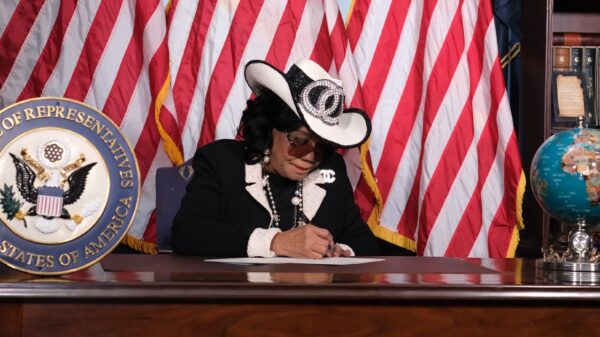At the end of last month, U.S. Rep. Frederica Wilson, D-Fla., the chairwoman of the U.S. House Higher Education and Workforce Investment Subcommittee, brought back the “Quality Higher Education Act.”
The bill “enhances the accreditation system to ensure that colleges are graduating students with meaningful degrees and preparing them for workplace success” and “includes measures that would require accreditors to set rigorous standards and performance benchmarks based on completion and workforce participation for the schools they oversee; disaggregate student data to make it clear whether colleges are serving all students well, including minority students and those from low-income families; and require accreditors to be more transparent about how they evaluate schools.”
Wilson’s office offered some of the reasons on why the congresswoman introduced the legislation.
“Each year, 13 million students receive roughly $130 billion in federal aid to help finance their higher educations. Unfortunately, only 58 percent of those students manage to complete their degree within six years. Students who don’t graduate are more likely to default on their loans, endangering their long-term financial stability,” Wilson’s office noted.
“Accreditation plays an important role in helping students make informed decisions about where to go to college. For many, this is one of the most important decisions of their lives,” said Wilson. “Students trust that an accredited institution can furnish them with the skills and knowledge needed to succeed in their chosen career field. Given the high cost of a higher education and unprecedented levels of student debt, it is vitally important that all schools meet high-quality standards to retain accreditation, and that if they’re not adequately serving all student populations, it’s clear to them and prospective students what they must do to improve.”
Wilson reeled in the support of more than a dozen House Democrats to co-sponsor the bill while the Center for American Progress, Third Way, New America, Higher Learning Advocates and the Education Trust are also backing it.
The bill was sent to the U.S. House Education and Labor Committee, on which Wilson sits. So far, there is no companion measure over in the U.S. Senate.
















